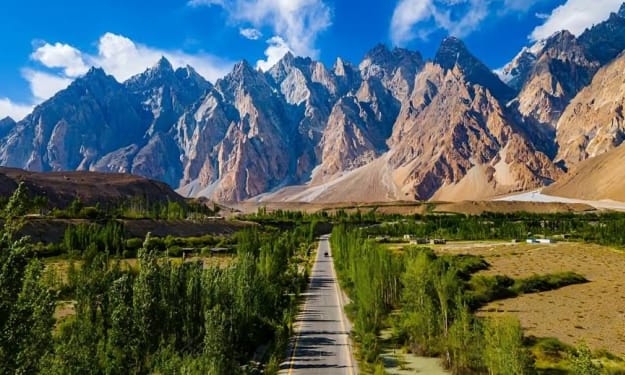Pollution: The Silent Killer of Our Planet
A Growing Threat to Our Planet's Health and Survival

llution is a growing concern that affects not only the environment but also human health and the economy. It is a silent killer that slowly destroys our planet, and its effects are often irreversible. In this article, we will explore the types of pollution, their causes, and consequences, as well as possible solutions to mitigate this growing problem.

Types of Pollution
There are several types of pollution, including:
- Air pollution: The release of harmful gases and particles into the atmosphere, mainly caused by burning fossil fuels and industrial activities. Air pollution can lead to respiratory problems, cardiovascular disease, and even cancer.

- Water pollution: The contamination of water bodies, such as rivers, lakes, and oceans, due to industrial waste, agricultural runoff, and sewage. Water pollution can lead to waterborne diseases, harm aquatic life, and affect the food chain.

- Land pollution: The degradation of land quality due to human activities, such as deforestation, mining, and construction. Land pollution can lead to soil erosion, loss of biodiversity, and decreased agricultural productivity.

- Noise pollution: Excessive noise that disrupts the natural balance and causes harm to humans and wildlife. Noise pollution can lead to hearing loss, cardiovascular disease, and mental health issues.

Causes of Pollution
Pollution is primarily caused by human activities, including:
- Industrial processes and manufacturing: The production of goods and services often involves the release of harmful chemicals and waste.
- Vehicle emissions and transportation: The burning of fossil fuels for transportation contributes to air pollution and climate change.
- Agricultural practices and livestock farming: The use of pesticides, fertilizers, and manure can contaminate soil, water, and air.
- Waste disposal and littering: Improper waste management can lead to land and water pollution.
- Construction and urbanization: The destruction of natural habitats and ecosystems can lead to land pollution and loss of biodiversity.
Consequences of Pollution
The consequences of pollution are far-reaching and devastating, including:
- Respiratory problems and other health issues: Pollution can lead to asthma, chronic obstructive pulmonary disease (COPD), and lung cancer.
- Climate change and global warming: The release of greenhouse gases contributes to climate change, which can lead to extreme weather events, sea-level rise, and changes in weather patterns.

- Water scarcity and quality degradation: Pollution can lead to water shortages and contamination, affecting human consumption, agriculture, and industry.
- Loss of biodiversity and ecosystem disruption: Pollution can lead to the extinction of species, disruption of food chains, and loss of ecosystem services.
- Economic losses and damage to infrastructure: Pollution can lead to costly cleanup efforts, damage to property and infrastructure, and loss of productivity.
Solutions to Pollution
Fortunately, there are ways to mitigate pollution, including:
- Transitioning to renewable energy sources: Solar, wind, and hydroelectric power can reduce our reliance on fossil fuels and decrease air pollution.
- Implementing sustainable agricultural practices: Organic farming, permaculture, and regenerative agriculture can reduce the use of harmful chemicals and promote soil health.
- Reducing waste and increasing recycling: Proper waste management, composting, and recycling can reduce land pollution and conserve natural resources.
- Promoting eco-friendly transportation and infrastructure: Electric vehicles, public transportation, and green infrastructure can reduce air pollution and promote sustainable development.
- Supporting conservation efforts and protecting natural habitats: Preserving forests, wetlands, and wildlife reserves can maintain ecosystem services and promote biodiversity.

Conclusion
Pollution is a pressing issue that requires immediate attention and action. By understanding the causes and consequences of pollution, we can work together to find solutions and create a cleaner, healthier planet for future generations. It is time to take responsibility for our actions and make a change. The future of our planet depends on it. We must adopt sustainable practices, invest in clean technologies, and promote environmental education and awareness. Together, we can mitigate pollution and create a better world for all.
About the Creator
Gohar
Explore the power of words with me! I craft inspiring stories, thought-provoking articles, and soulful poetry that sparks meaningful connections.
Enjoyed the story? Support the Creator.
Subscribe for free to receive all their stories in your feed.






Comments (1)
Thanks nature lover. We should protect our Earth.